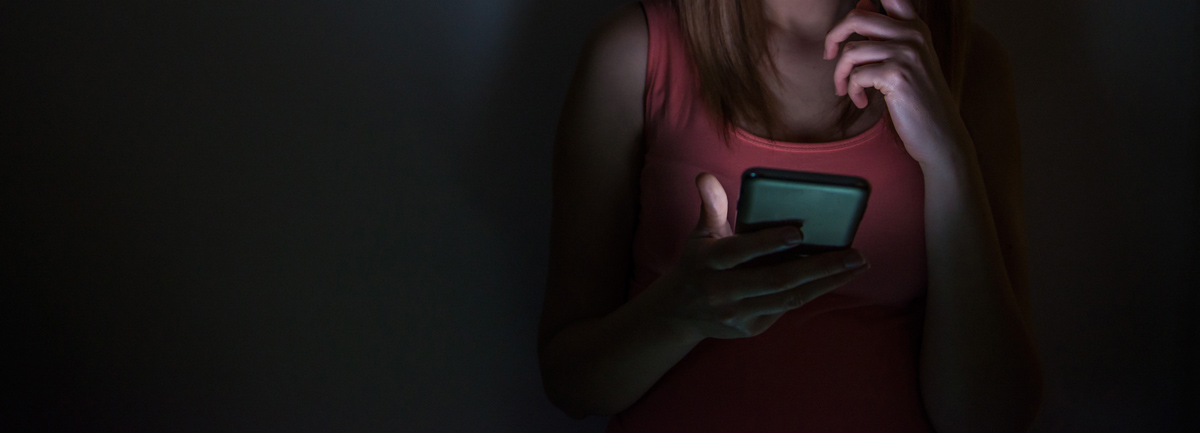Through the sanction of Law 27,736, the Senate and the Chamber of Deputies approved the Olimpia Law, inspired by the Mexican Olimpia Law.
The purpose of the Argentine Olimpia Law (hereinafter “the Law”) is to amend Law 26.485 on the Integral Protection of Women, in order to incorporate the digital environment as a possible place of violence against women. In that line, the reform foresees scenarios where the sexual intimacy of individuals is violated through digital media and the dissemination without consent of any intimate content.
The Law understands as digital violence any conduct, action or omission against women based on their gender that is committed, instigated or aggravated, in part or in whole, with the assistance, use and/or appropriation of information and communication technologies (the “Platforms”), with the purpose of causing physical, psychological, economic, sexual or moral harm both in the private and public sphere to them or their family group.
In particular, the Law understands as digital violence those conducts that threaten their integrity, dignity, identity, reputation, freedom, and against the access, permanence and development in the digital space or that involve obtaining, reproducing and disseminating, without consent, real or edited digital material, intimate or nudity, attributed to women, or the reproduction in the digital space of misogynist hate speech and sexist stereotyped patterns or situations of harassment, threat, extortion, control or espionage of virtual activity, unauthorized access to electronic devices or online accounts, theft and non-consensual dissemination of personal data insofar as they are not conducts permitted by Law 25. 326 on Personal Data Protection, or actions that attempt against the sexual integrity of women through information and communication technologies, or any cyber-attack that may arise in the future and affect the rights protected by the Law.
The Law provides for the cooperation of the Platforms for the cessation of situations of gender violence. In particular, the Law provides that judges may order, as an urgent preventive measure, the removal of content that constitutes an exercise of digital violence, and the specific URL of the content whose removal is ordered must be identified in the order.
Likewise, the intervening authority may request the Platform to secure the computer data relating to traffic, subscribers and deleted material in its possession, for a period of 90 days, which may be extended, ordering the execution of the measure to be kept secret. At the request of a party, the Judge may ask the Platforms to disclose such information.
For such purpose, the branch, proxy, or any form of seat in the country may be notified, so that it may extend the pertinent notification to the foreign company (Article 122 of Law 19,550 of Commercial Companies).






